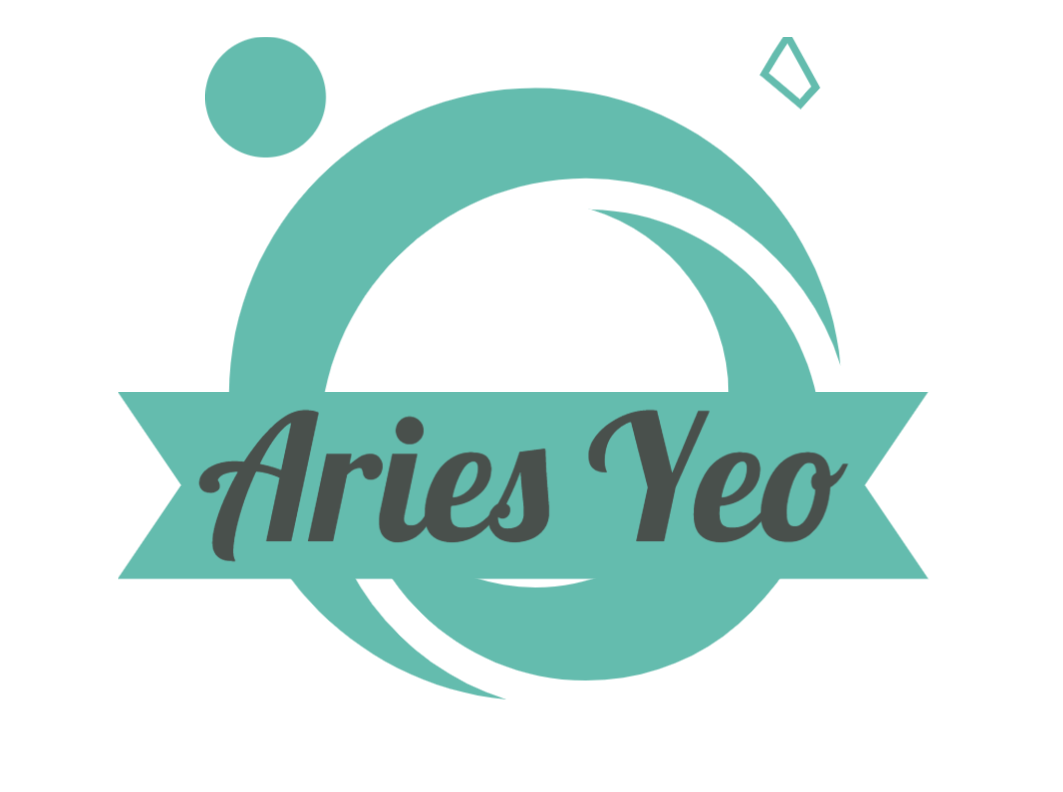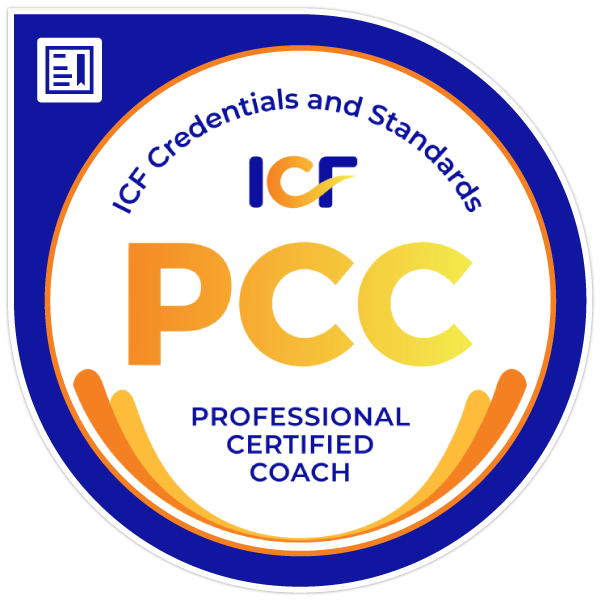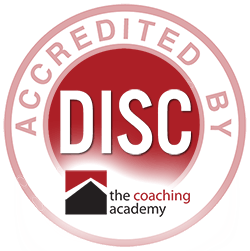The Catalyst Or the Constraint
Unraveling the Forces that Propel or Hinder You

Renowned art critic Robert Hughes once said, 'The greater the artist, the greater the doubt. Perfect confidence is granted to the less talented as a consolation prize.'
This quote encapsulates a profound truth about human nature – “The crux that pushes you forward is also what holds you back” the constant struggle with self-doubt as a human being."
In our society, we often witness numerous individuals exuding success, intelligence, and unwavering resilience. However, beneath the surface, there lies a common thread among us all – the need for validation through achievements and successes. It often feels like an endless pursuit, regardless of results, leaving us wondering, 'Why is it never good enough?'
Are you surprised to hear that I have clients who are in senior positions saying this to me, 'The higher my credibility, the less confident I am.” Apparently, the credibility is dependent on being validated by a constant delivery of outstanding results, achieving one success after another.' In other words, the more successful one is, the steeper the slope has become.
So the question remains, 'Not good enough' for whom? Is it our own standards, societal expectations, or perhaps the influence of our parents and caretakers?
Self-doubt is a complex emotion that affects people across various demographics. It is defined as the feeling of lacking confidence in one's abilities and decisions, regardless of whether these doubts are justified. In fact, studies suggest that approximately 85% of people report struggling with self-confidence issues at some point in their lives, highlighting the widespread nature of this phenomenon.
While experiencing self-doubt is normal, the implications should not be underestimated. At its core, self-doubt can act as a motivator for personal growth and self-improvement. However, when left unchecked, excessive self-doubt can become a hindrance, impeding progress and having an adverse impact on our overall well-being. Just like constant stress can negatively affect our mental and physical health, persistent self-doubt can lead to mood disorders, anxiety, and even depression.
Imagine possessing all the abilities and knowledge, yet still feeling inadequate. Would you willingly apply for a role that you are already proficient in, without a challenge or learning opportunity? Often, the motivation to pursue new roles lies not just in monetary gain but in the opportunities for growth and development.
For many, self-doubt becomes a barrier that prevents them from articulating their potential and taking advantage of these opportunities. A professional coach in cases as such can be instrumental in building mental resilience and self-belief. This proactive approach can help individuals realize their full potential and thrive.
Understanding the Roots of Self-Doubt:
To address self-doubt effectively, we must first delve into its origins. Several factors contribute to self-doubt, and understanding these influences can help individuals navigate through it more effectively.
- Past Experiences: Negative experiences or failures in the past can leave a lasting impact on an individual's self-esteem. Whether it's a project that didn't go as planned or a personal setback, such events can plant seeds of doubt in our minds.
- Comparison to Others: Constantly comparing ourselves to others and feeling inadequate in comparison can be a significant source of self-doubt. In today's hyper-connected world, social media can exacerbate this problem, as we often measure our worth against carefully curated online personas.
- Fear of Failure: The fear of not meeting expectations or making mistakes can create a lack of confidence in one's abilities. As a result, individuals may hesitate to take risks or explore new opportunities.
- Perfectionism: Setting unrealistic standards and constantly striving for perfection can lead to a fear of not being "good enough." Perfectionism can be a double-edged sword, pushing us to excel but also making us overly critical of ourselves.
- Lack of Support: A lack of supportive relationships or encouragement can contribute to self-doubt. When we don't feel validated or acknowledged, it can be challenging to trust our own abilities.
- Social and Cultural Factors: Societal expectations, gender norms, and cultural influences can play a role in shaping individuals' perceptions of themselves and their capabilities. These external pressures can contribute to self-doubt by making us question our worthiness.
Knowing the source of your self-doubt is useful no doubt but developing strategies to overcome is probably as critical is not more.
Cultivating Mental Resilience through Self-Compassion:
One powerful tool for combating self-doubt is self-compassion. Self-compassion involves treating ourselves with kindness, understanding, and non-judgment when we face challenges or make mistakes. Do not underestimate the power of self-compassion because when we are fully able to exercise this powerful tool, we cope with nearly all situations and helping to strengthen our mental muscles, and capacity for resiliency
Embracing Past Achievements:
To build confidence and counter self-doubt, take time to reflect on past achievements and successes. Acknowledging your accomplishments, both big and small, reinforces your capabilities and reminds you of your strengths during times of uncertainty.
Shifting the Focus from Comparison to Self-Growth:
Comparing ourselves to others can be a never-ending and disheartening cycle. Instead, focus on personal growth and progress. Set realistic goals for yourself and work towards them step by step. Recognize that everyone's journey is unique, and progress is a personal endeavor.
Building a Supportive Network:
Surrounding yourself with supportive people can be a powerful antidote to self-doubt. Seek out friends, mentors, or colleagues who uplift and encourage you. A strong support system can provide invaluable feedback, bolster your confidence, and remind you of your worth.
Managing Your Inner Critics:
Internalize the awareness that you are your biggest inner critic. Challenge negative self-talk and reframe it into more positive and constructive statements. For instance, replace "I can't do this; I always mess up" with "I may face challenges, but I've overcome obstacles before, and I can do it again."
Seeking Professional Help:
If self-doubt persists and significantly impacts your daily life, seeking professional help such as therapist or counselor may be beneficial. They can help you identify underlying issues and provide strategies for building self-confidence and resilience.
Journaling and Positive Affirmations:
Journaling can be a therapeutic practice for exploring your thoughts and feelings related to self-doubt. Writing down your achievements, aspirations, and affirmations can reinforce positive self-beliefs and create a more empowering self-narrative.
Self-doubt is a natural part of the human experience, it’s an instinctive protective mechanism to keep us safe. But this self-doubt doesn't have to be a constant barrier to progress. Understanding the root causes of self-doubt and adopting practices like self-compassion, reflecting on past achievements, and building a supportive network can help you to navigate through self-doubt and embrace your true potential.
Overcoming self-doubt is a journey, and developing these habits can lead to profound positive changes in your life. Don't hesitate to seek support or guidance, as taking action is a sign of strength and a commitment to personal growth. Embrace the process, and you'll find yourself stepping into a more confident and fulfilling life.
As the saying goes
“Never let fear hold you captive.
Never let self-doubt hold you captive.
Never let frustration hold you captive.”
― Roy T. Bennett, The Light in the Heart
Are you ready to embrace that fear in your life and step into your full power, your authenticity and living your Full self. Then reach out for a chat.





